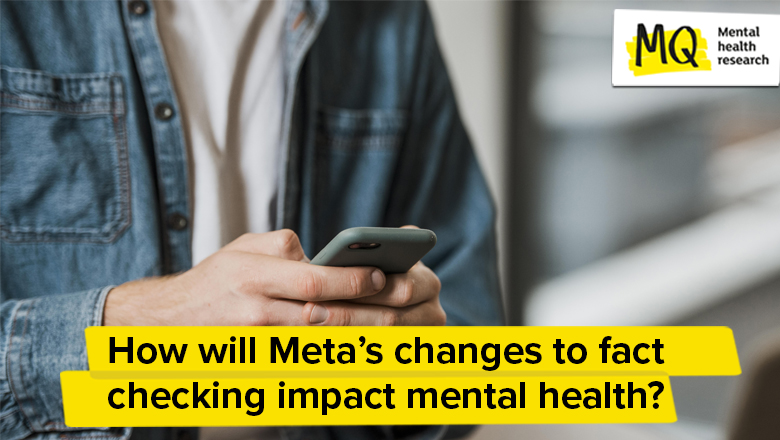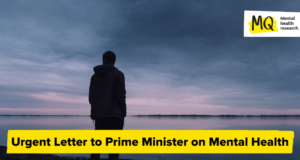
Yesterday, in a surprise move, Meta announced that they would be ending third party fact checking from their US Facebook and Instagram platforms.
Many experts have raised concerns about the potential harm this can have on users. Particularly in relation to the expected rise in misinformation and harmful content that will appear on the two platforms as a result.
But what will the impact be on mental health? Particularly for vulnerable users such as teens and young people?
Why are people worried?
With the rise of misinformation, AI generated content and deepfakes, many are worried that without fact checking in place vulnerable people will be at risk of manipulation or exposure to harmful content.
Bad actors who are incentivised to spread false or misleading information will find it is easier to do so now in the USA on both Facebook and Instagram.
Additionally, Meta is also rolling back content restrictions on topics such as immigration and gender. Meaning there is the potential for abusive or stigmatising content to appear which can target already vulnerable groups and minorities.
Viewing harmful content can lead to symptoms of depression, anxiety and even trauma. In December last year a lawsuit was brought against Meta by content moderators in Kenya. As reported in the Guardian, the lawsuit alleges that 140 content moderators had been diagnosed with severe post-traumatic stress disorder caused by exposure to graphic social media content including murders, suicides and child abuse.
What does the research say?
Last year MQ published a report in collaboration with Melbourne University, Harvard’s Digital Psychiatry Institute and researchers from the Oxford Internet Institute. This report is a comprehensive review of the existing research into the effects of gaming, social media use and other internet use on mental health.
The authors found that it’s not so much the amount of time young people spend online that determines their mental health outcomes, but the experiences they are having online.
If children and young people have negative experiences on social media, for example cyberbullying, receiving unwanted contact from strangers and viewing unwanted content such as pornography or violent content; then this can adversely impact their mental health.
Conversely, if the experience online is positive, for example enhanced social connectivity, access to peer support, mental health resources and access to accurate information; then this can have a beneficial impact.
“More than half of youth report being online ‘nearly all the time’ and internet use is simply part of their world.” John Torous Director DigitalPsychiatry.org, Harvard Medical School
So what needs to happen now?
In short, more research needs to take place to understand how these changes from Meta will impact peoples mental health.
The authors of MQ’s report noted that more research was already necessary, even before these changes from Meta, to truly understand the full impact of social media use, misinformation and harmful content can have. They found that few existing studies have studied the impact of accessing harmful content over long periods of time, most focusing on short-term effects.
They also found that most of the observational studies attributing to the rise of mental health conditions in young people to the internet or social media do not control for other factors such as economic circumstances or existing health conditions.




